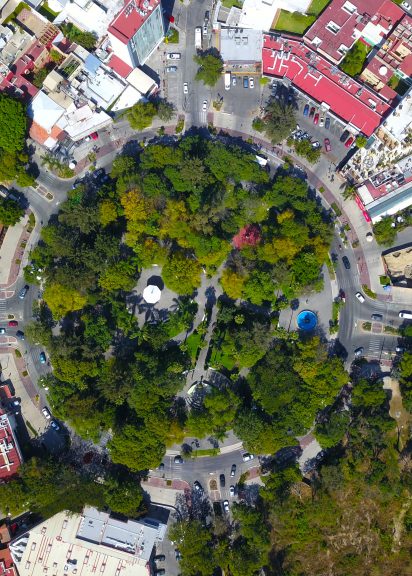Compact, Connected, Clean and Inclusive Cities in Mexico: An agenda for national housing and transport policy reform


As the Mexican government charts the country’s recovery from COVID-19, this paper sets out national solutions to urban transport and housing challenges that will put Mexico’s cities on a path to prosperity and resilience.
Many Mexicans on low incomes live in poorly constructed housing on the outskirts of sprawling cities, lacking access to basic services such as electricity and water, and relying on patchy public transport to reach urban centres. As a result, thousands miss out on jobs and essential services such as healthcare and education.
The COVID-19 pandemic has hit those living in urban areas the hardest and is exacerbating these inequalities. Poor urban housing and transport also have an economic toll; the consequences of poor urban mobility cost an estimated 3–5% of the country’s GDP each year. Issues of transport and housing have often been siloed, but it is essential that the two sectors are coordinated together.
This new paper explores urban housing and transport in tandem. It recommends policies that Mexico’s national government could adopt to boost the country’s COVID-19 recovery, improve the lives and livelihoods of millions of people and protect its cities into the future.
The paper sets out policy reforms for the Mexican federal government to take that will create more compact, connected and clean cities, including:
These policies will bring huge social and economic benefits such as increased productivity, reduced inequality and improved health and wellbeing. They also bring significant advantages for the environment and, ultimately, will put Mexico’s urban areas on a path to a more sustainable and inclusive future.
This paper was created in partnership with the OECD and LSE Cities.